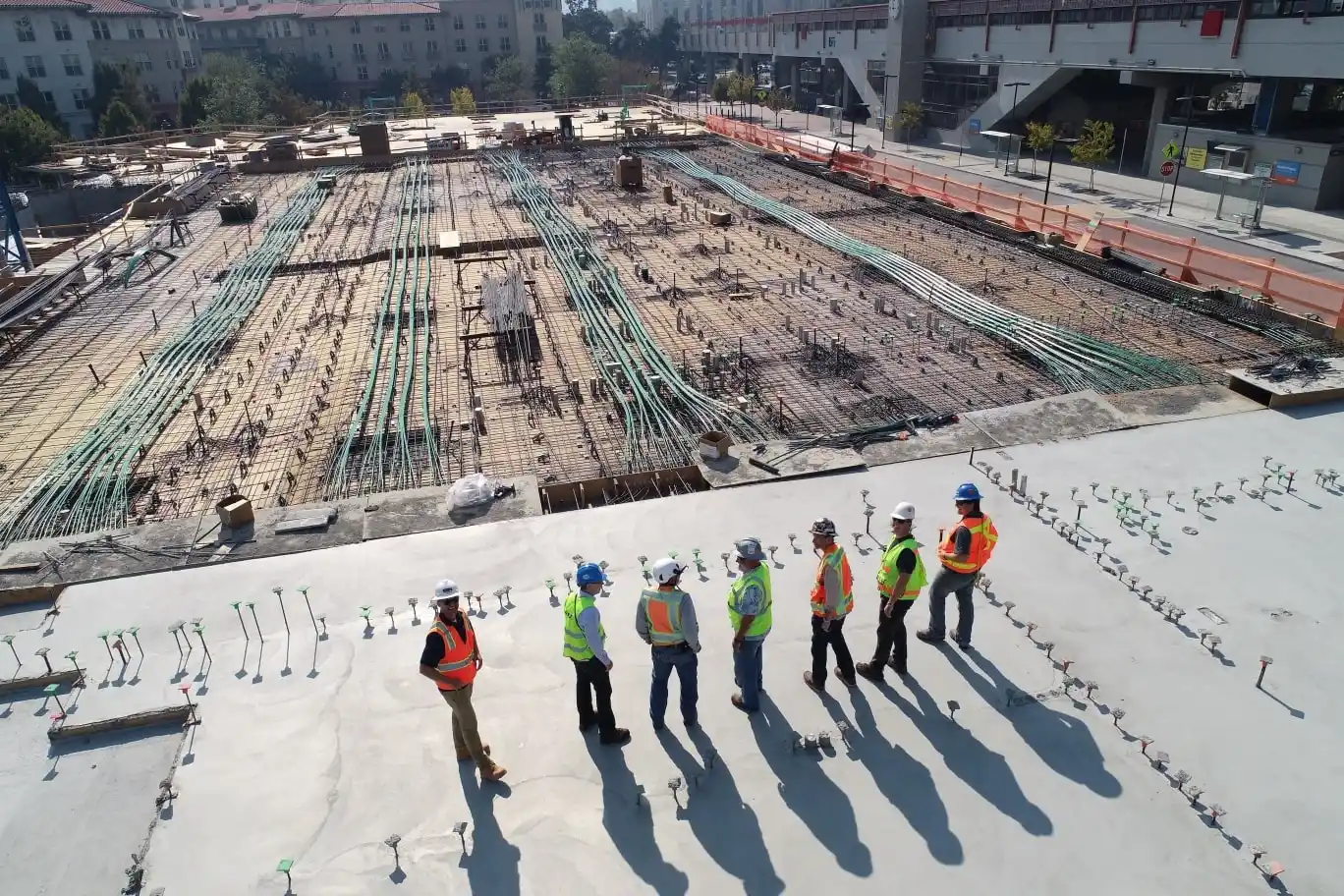
Utilities in the age of AI
The utilities sector is undergoing a transformational shift in its approach to data. Predictive maintenance, fault detection using IoT sensors and engineer allocation optimisation are just a few examples of how utilities companies are taking advantage of progress in the field of AI. At ADSP, we use state of the art machine learning and optimisation techniques to transform raw data streams into actionable results that deliver millions of pounds of cost savings annually.
Executive opinion
How can we extract maximal value from IoT sensors placed across our network?
IoT sensor data streams can be used reactively, in real-time, to isolate the exact location and nature of a fault. Crucially, they can also be used proactively, as input to machine learning models that isolate problems before they happen. Implementing these initiatives saves utilities companies millions in maintenance fees and fines and protects the brand.

David Foster
Founding Partner, ADSP

83% of top European utilities executives consider AI a high to medium priority for their business
Roland Berger AI Market Sounding
High value AI projects for utilities
Predictive Maintenance
We combine asset metadata, previous work order data and IoT device data streams to predict the assets that are most at risk of imminent failure using machine learning. The output is a risk score from 0 to 100, broken down into interpretable components that explain exactly why the asset is at risk.

Optimising Engineer Allocation
Given data the location of previous faults, we use mathematical optimisation techniques to find the optimal geographical allocation of engineers to sites. This optimisation balances the cost associated with engineer deployment, with the cost of leaving faults unattended, allowing senior management to make well informed decisions about how engineering teams are deployed.

IoT Sensor Fault Isolation
Data collected from IoT devices across the network can be analysed in real-time to detect anomalous readings that indicate a fault has occurred and needs immediate action. By combining the readings we can pinpoint the exact location of the fault, so that the correct engineers can be deployed, minimising disruption to the service.



Start a conversation
Take the first step by speaking with one of our data experts today.


